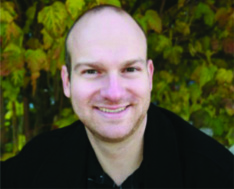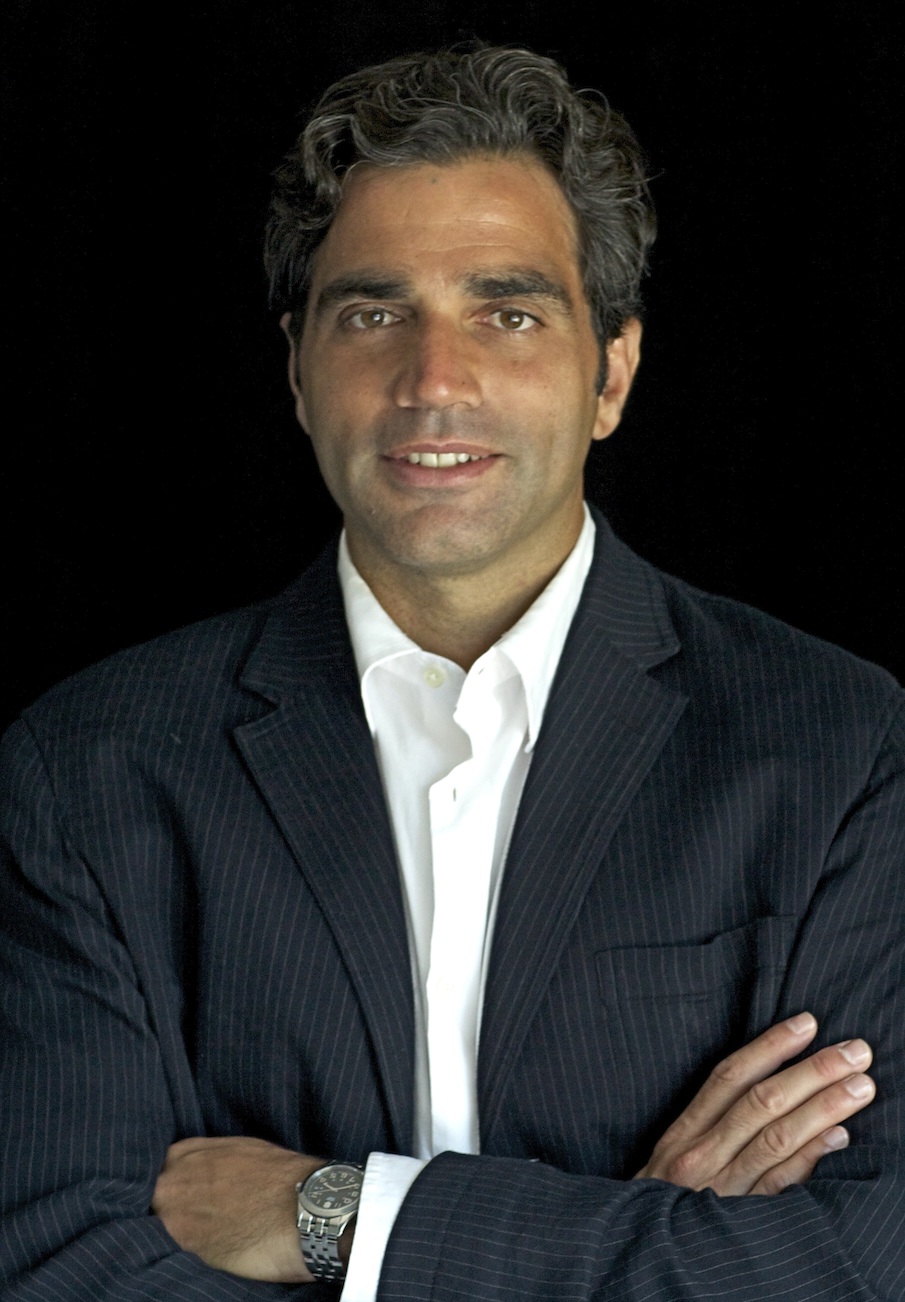
Independence Blue Cross presents Age Fearless with One Day University – Center City
Friday, September 22 2023 8:30 am - 1:00 pm
SCHEDULE
8:30 am - 9:30 am
Registration and Continental Breakfast
* * * / * * *The doors will open at 8:30. We welcome you to arrive any time between 8:30am and 9:30am to get some coffee and light refreshments and meet your fellow students!
9:30 am - 10:30 am
Kennedy, Nixon, & the Debate of the Century
Allen Pietrobon / Trinity Washington UniversityRegarding John F. Kennedy’s 1960 election, one historian has written, “It was that first moment in our history when we saw that television can transform a political candidate from a candidate into a celebrity, and it changed the whole contours of our politics.”
Join Professor Allen Pietrobon as he takes us back to the Eisenhower Era, a time before the “celebrity president.” We will examine the lives and backgrounds of John F. Kennedy and Richard Nixon and see how Kennedy became president by dominating the television narrative and using innovative campaign techniques that set the model for presidential election campaigns to this very day. The first-ever televised presidential debate took place in 1960; the result was seen as being so disastrous (for Nixon) that it would be 16 years before presidential candidates agreed to debate live on TV again.
In this presentation, we’ll use the 1960 presidential election as our lens to explore American politics and culture in this pivotal era in history.
Professor Pietrobon’s Recommended Reading:
1960: LBJ vs. JFK vs. Nixon: The Epic Campaign That Forged Three Presidencies, by David Pietrusza
The Making of the President 1960, by Theodore White
An Unfinished Life: John F. Kennedy, 1917-1963, by Robert Dallek
Nixonland: The Rise of a President and the Fracturing of America, by Rick Perlstein
Discussion Questions:
- Kennedy and Nixon rose together in political life. Why do you think the men became political rivals, rather than partners?
- 1960 marked the first ever televised presidential debate. Seeing what the result of that first debate was, do you think televised debates are an effective way to help decide who should be president?
- Kennedy and Nixon both used “the media” very differently during their campaigns. What made Kennedy’s media strategy so successful?
- During the campaign Kennedy was frequently charged with being “too inexperienced” to be president, but he is now seen to have been an effective president. On the other hand, Nixon had a deep well of political and executive experience having served as VP, yet his subsequent presidency was ultimately brought down by scandal. How much weight should be placed on relevant experiences as a qualification to be president?
 Allen Pietrobon / Trinity Washington University
Allen Pietrobon / Trinity Washington University
Dr. Allen Pietrobon is an Assistant Professor and Program Chair of the Global Affairs department at Trinity Washington University. An award-winning historian and public speaker, Allen specializes in 20th-Century American history and U.S. Foreign Policy, focusing on nuclear weapons policies and Cold War diplomacy. Since 2011, he has also served as an Assistant Director of Research at the Nuclear Studies Institute at American University. His latest book, Norman Cousins: Peacemaker in the Atomic Age, explores the widespread influence that prominent journalist Norman Cousins had on postwar international humanitarian aid, anti-nuclear advocacy, and Cold War diplomacy, including secret diplomatic missions he conducted behind the Iron Curtain.
10:45 am - 11:45 am
Andy Warhol: Window on the World
Matthew Palczynski / Temple UniversityAndy Warhol saw sublime beauty in the ubiquitous things many of us take for granted, from what we eat and drink to the icons we admire. For him, art was everywhere, and he revealed this reality to his viewers one work, one performance, one film at a time. In a postwar world where mass production and commercialism threatened to chip away at uniqueness, he celebrated the assembly line, in what he created and how he made it. For these and other reasons we’ll explore, Warhol was one of the great visionaries and mirrors of his time.
Recommended Reading:
Warhol, by Blake Gopnik
Andy Warhol – From A to B and Back Again, ex. cat., Whitney Museum of Art
Warhol: Conversations about the Artist, by Patrick S. Smith
Warhol: The Biography, by Victor Bockris
 Matthew Palczynski / Temple University
Matthew Palczynski / Temple University
Matt is an independent art history lecturer, consultant, and educator, focusing on vanguard art after around 1850. He presents talks online and globally for academic, corporate, and nonprofit organizations. His presentations include those for Renaissance Weekend, Stanford University, The Wharton School, Road Scholar, and United Airlines. He is an Adjunct Senior Instructor at The Barnes Foundation in Philadelphia and has taught at the Tyler School of Art (Temple University) since 2004.
12:00 pm - 1:00 pm
Eight Books that Changed the World
Joseph Luzzi / Bard College
Books that changed the world:
- the Bible
- Homer’s Odyssey
- Dante’s Divine Comedy
- Shakespeare’s Hamlet
- Virginia Woolf’s To the Lighthouse
- Ralph Ellison’s Invisible Man
- Harper Lee’s To Kill A Mockingbird
- Joseph Heller’s Catch 22.
 Joseph Luzzi / Bard College
Joseph Luzzi / Bard College
Joseph Luzzi (PhD, Yale) is the Asher B. Edelman Professor of Literature and Faculty Member in Italian Studies at Bard College, and he taught previously at the University of Pennsylvania. His work has appeared in The New York Times, Los Angeles Times, and many other publications. Dr. Luzzi’s awards include a Yale College Teaching Prize, Dante Society of America Essay Prize, National Endowment for the Humanities Public Scholars Award, and Wallace Fellowship at Villa I Tatti, Harvard’s Center for Italian Renaissance Studies. He is the author of five books, including Botticelli’s Secret: The Lost Drawings and the Rediscovery of the Renaissance, a New Yorker Best Books of 2022 and Guardian Book of the Day selection. He recently created The Virtual Book Club, an international community of readers dedicated to exploring major literary works past and present.

